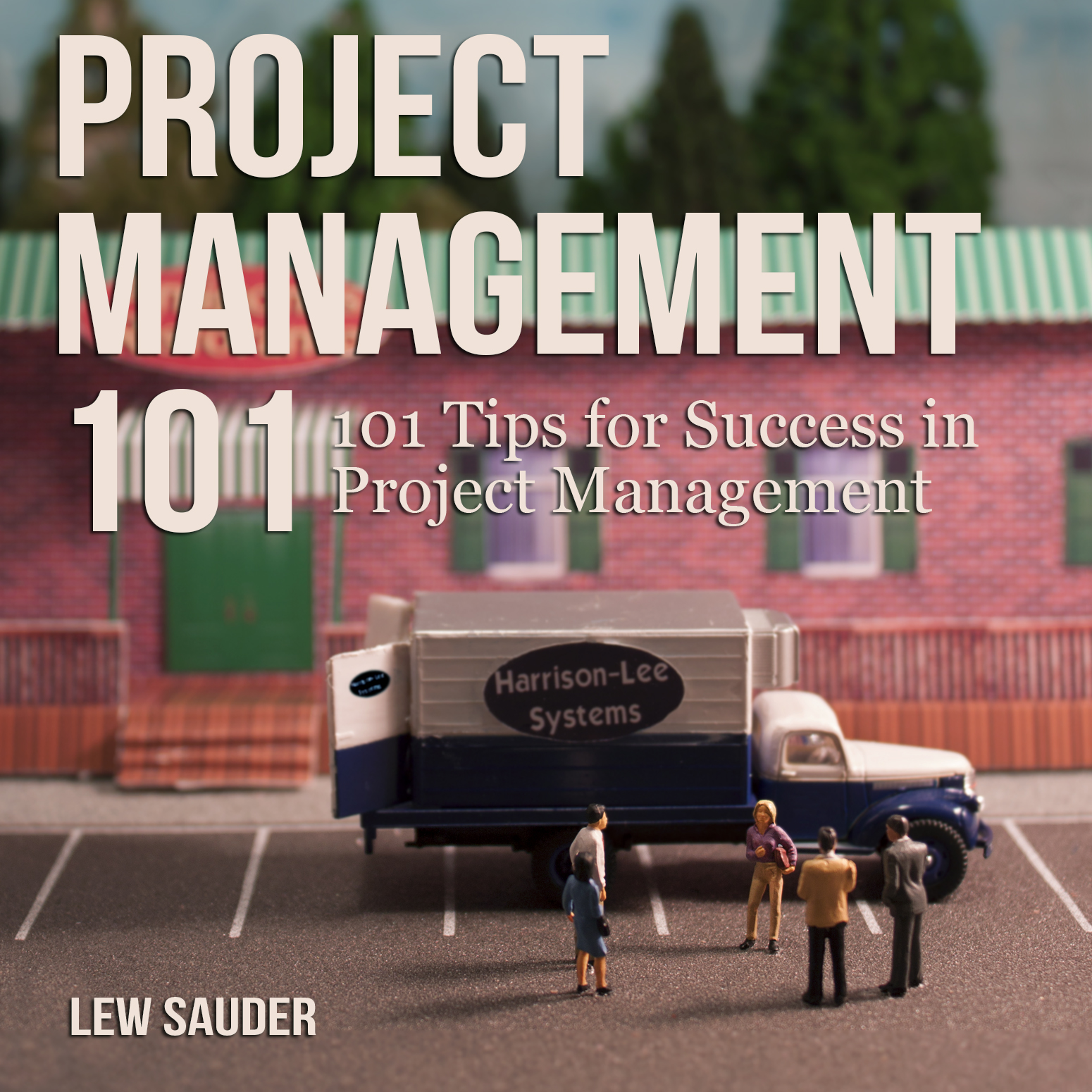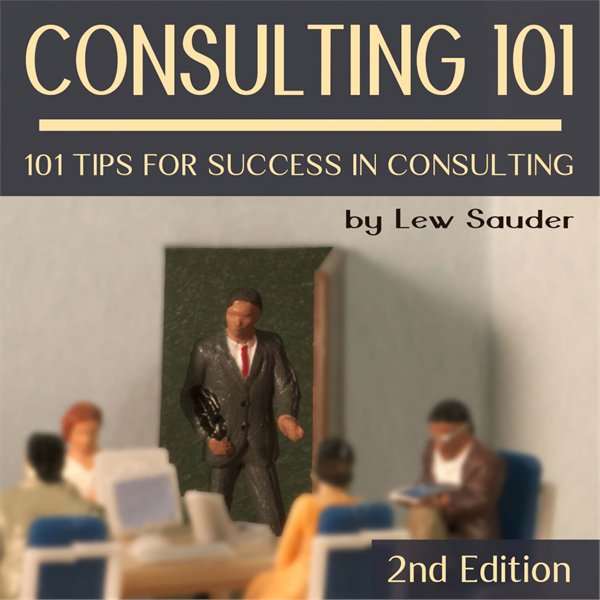As a project manager, I have always prided myself in my ability to manage a lot of details. I could juggle a lot of minutia and still keep it all together. My career ultimately progressed to managing more complex projects and programs. I have also been in situations where I have managed multiple projects at one time.
However it transpired, I found that managing multiple projects and greater complexities made it a lot more difficult to manage all of the details. I was always pretty organized, but I had to up my game. I learned that I had to do a lot more preparation for each day for me to continue staying on top of things.
Having an organized approach
I have gotten things done with a to-do list for as long as I can remember. I think it started for my homework in high school. I have done it my entire career either on paper or a spreadsheet.
There are now a number of apps available that have some robust functionality. I use Todoist and it makes my life a lot more manageable. (Note: I do not receive payment in any way for mentioning Todoist. It is simply a tool that I like.)
Todoist allows me to create categories for different projects or workstreams within a program. I can create personal ones as well.
I create tasks under each category and can assign a date for what I want to do. I can create recurring tasks, like a status report every week, or a reminder to study Spanish for 20 minutes each day. I can prioritize each task and even add notes like a web address or additional detail to help me complete the task.
I can view the tasks by category or the just ones that are assigned today and check them off as I go.
Review every workstream
At the end of each day, I go through every workstream or project component to determine what tasks I need to do to complete it successfully. For each workstream I ask myself, “What needs to be done in the next day, two days, three days, or beyond?” Anything I come up with, I add to my Todoist.
This is more than just a checklist approach. People tend to criticize “checklist project managers,” who simply check off the boxes. It is true, relying only on checklists to complete a project is not an adequate way to manage a project. It requires analysis, thought and sound decision making. Checklists are necessary though, to keep track of all of the details and getting necessary activities completed.
As I go through each workstream, I look at it analytically. What needs to be done to make this project successful? What would delight the stakeholders and really add value for them?
Preparing for meetings
The complexity of my projects has a direct correlation to the number of meetings I have to attend. It is not uncommon for me to spend well over half of my workday in meetings.
As part of my end of day review, I take a good look at every meeting I have scheduled. I ask myself the following questions about each meeting in order to prepare:
- Is the meeting necessary? Can I cancel it, have someone else go, or could I simply not attend?
- Who will be attending? What considerations do I need to make based on the attendees?
- What questions could I be asked in this meeting?
- What questions should I ask? If I will be meeting with someone that is hard to get ahold of, I may want to prepare some questions.
- What documents should I have opened and ready to refer to?
- What are the key topics that will be discussed?
Whether I have organized the meeting or have simply been invited, I prepare for every meeting like I will be facilitating it. It helps me to be optimally prepared. Also, on the odd chance the meeting organizer is late or unable to show up, I may be able to get the meeting going without wasting the time of the attendees.
Staying sharp by staying healthy
There are also some simple things you can do to help you stay sharp. Get plenty of sleep, exercise and eat well. These do as much for your mental health as your physical health.
Meditation or mindfulness exercises have shown to increase your ability to think clearly and be more productive
Conclusion
Project management at any level requires a sharp mind and the capacity to manage a lot of details. As projects get more complex, it requires more than that. It is critical to have a systematic approach for staying on top of things.
What are your favorite tricks for staying on top of things?
If you would like to learn more about a career in Project Management, get Lew’s book Project Management 101: 101 Tips for Success in Project Management on Amazon.
Please feel free to provide feedback in the comments section below.
Image courtesy of Sira Anamwongt at FreeDigitalPhotos.net






0 Comments